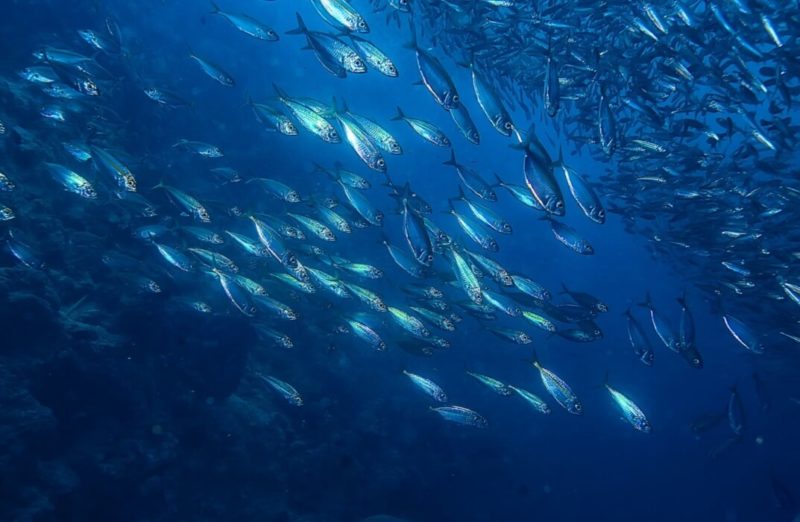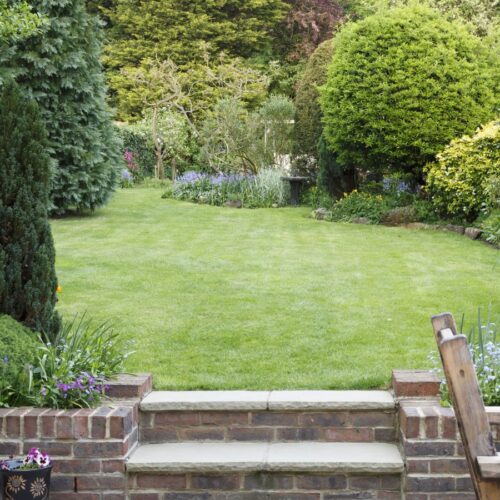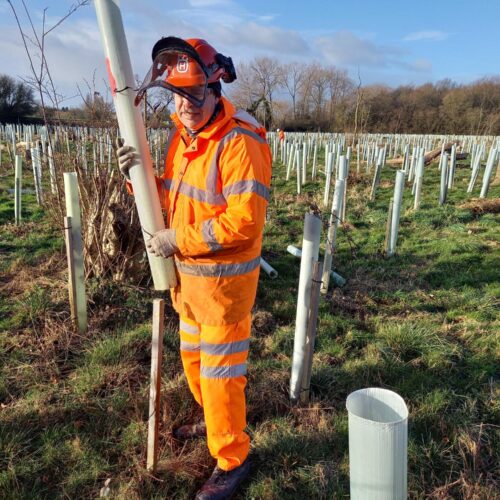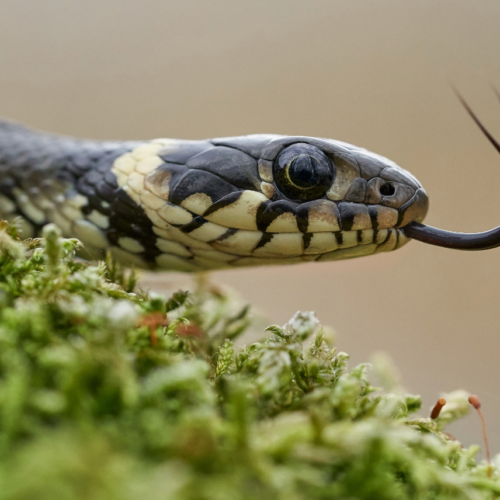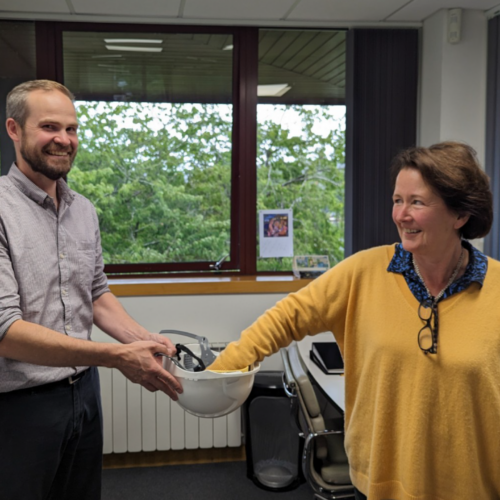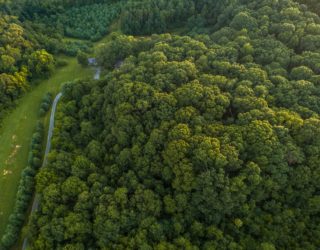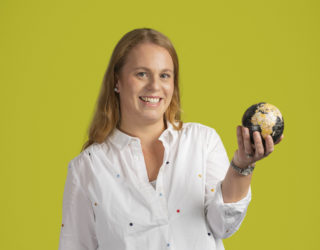Thomson Habitats have advised our client and implemented a strategy to deal with Japanese knotweed (JKW) at Hogsmill Sewage Treatment plant in Surrey.
We excavated the JKW stand using a 14 tonne excavator and two articulated dumpers and moved it, and the associated contaminated soil, to a designated area on the site where we stockpiled it onto root barrier membrane, preventing it from contaminating the ground underneath. This area was outside the construction area and any JKW re-growth will be treated with herbicide over a two-year programme.
We provided an in-house JKW clerk of works, who made sure that excavations continued only until rhizome fragments were no longer visible. He also closely checked the dumpers to ensure that they were kept at a safe load to avoid any contaminated material spilling out during transportation.
We also put in place bio-security measures to stop the spread of contaminated material, including the installation of Heras fencing and signage to exclude unauthorised contractors and personnel from the works area. Washing stations were set up to clean boots and plant prior to leaving the site.
The JKW was successfully moved and stockpiled ahead of schedule, enabling our client to get a head start on their construction programme. We were very pleased that our site supervisor was praised by our client on his management of the works.
